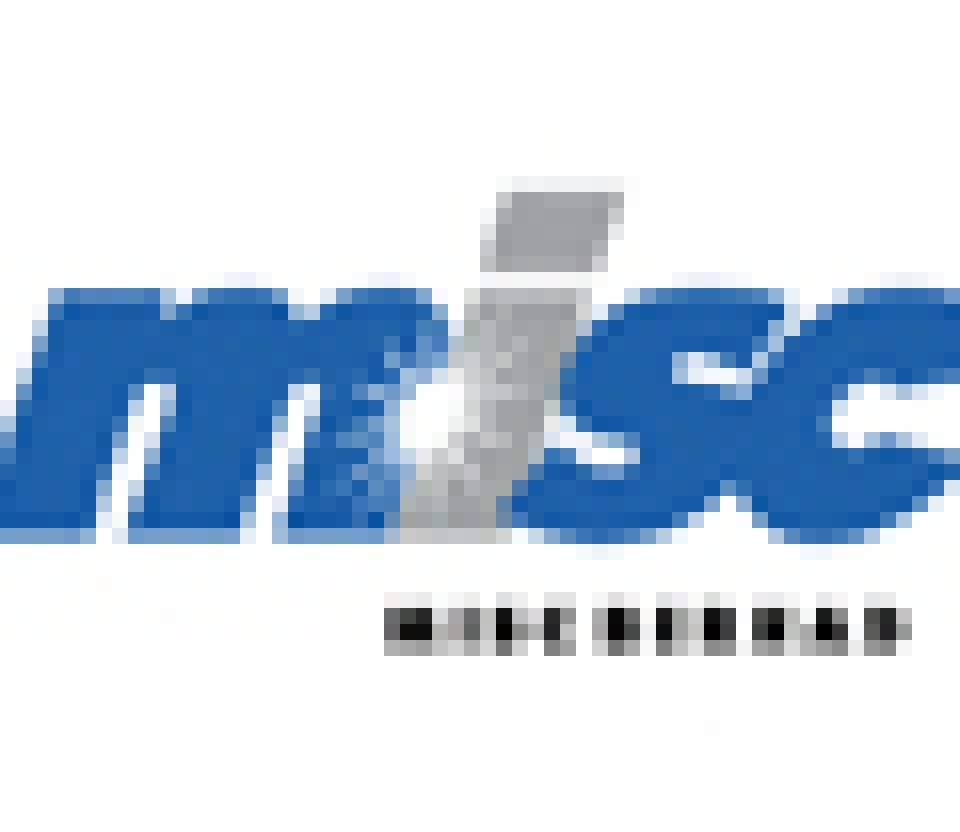Petroliam Nasional Bhd-controlled shipping liner MISC Bhd is discontinuing its container shipping business that has lost US$789 million (RM2.52 billion) the past three years to better focus on serving clients in the energy sector, according to the Edge financial daily.
The move, which came after a failed restructuring attempt since January last year, would cost MISC an additional US$400 million one-time loss. That would throw MISC into the red for FY11 ending Dec 31, but would benefit the group in the longer run, the company said in a statement yesterday.
Despite being Asia’s largest shipping line by market value, the group said its decision took into account the oversupply situation in the market that had driven down freight rates as well as the competition from companies with newer and larger vessels.
“Given MISC’s increasing focus on maritime and transportations solutions for the energy sector, the opportunity cost of MISC remaining in the liner (container shipping) business — with the expected larger demand of investment resources to stay relevant — has unfortunately reached an untenable position for the company,” MISC said.
MISC also expects to incur about US$30 million in costs for exiting the container shipping business, which will cease operations by end-June 2012. Following its exit of the liner business, MISC said it would terminate all related service and operation contracts, and dispose of its liner-related assets. According to its website, MISC currently has 31 container ships.
The cessation of the liner business will enable MISC to focus on its other businesses, such as the transportation of LNG and petroleum, offshore terminal services, marine and heavy engineering, integrated logistics, chemical shipping and maritime education.
“Our focus in recent years has been on providing maritime and transportation solutions for the energy sector, and thus, it is only natural that the bulk of our resources are dedicated towards growing our energy-based business segments,” its president and CEO Datuk Nasarudin Md Idris said.
MISC isn’t alone in feeling the heat. Denmark’s Maersk Line, Japan’s Mitsui OSK Lines Ltd and Hong Kong’s Evergreen Line all saw earnings hit by overcapacity and falling freight rates.
“For the past four years, the industry has seen freight prices plunging due to the oversupply of ships globally. While MISC’s exit from the liner business may hurt in the short term, it is a good decision for the long term as the group can refocus its resources on other businesses,” said an analyst.
Maersk Line, which holds about 16% of the global container market, lost US$297 million in the third quarter due to collapsing freight rates. It noted that average freight rates had declined 12% although shipping traffic rose 16%. It expects a full-year loss for its liner business.
Mitsui OSK Lines and Nippon Yusen KK also posted losses in their latest quarters and had cut container capacity. The two liners also reversed their full-year forecasts to losses.
The analyst said the overcapacity situation is expected to last into 2012, as there is a correlation between shipping volume and GDP growth.
Meanwhile struggling Chilean container line CSAV is also in troubled waters. It has asked its financial advisor Celfin Capital to find a buyer for its container business.
CSAV has decided to dispose of the business after posting a second quarterly loss in Q3, due to weaker cargo demand and the volatility of freight rates.
A report in IFW’s sister publication, Lloyd’s List, reveals that, in an effort to reduce losses in Q4, CSAV has suspended four services and is in talks with Dutch company Boskalis over a joint towage operation.
CSAV has also made alliances with other carriers to co-operate on Asia-Africa, South America-Europe, Asia-west coast Latin America, Asia-Brazil and India-Europe services next summer.


